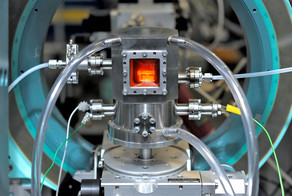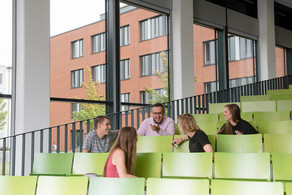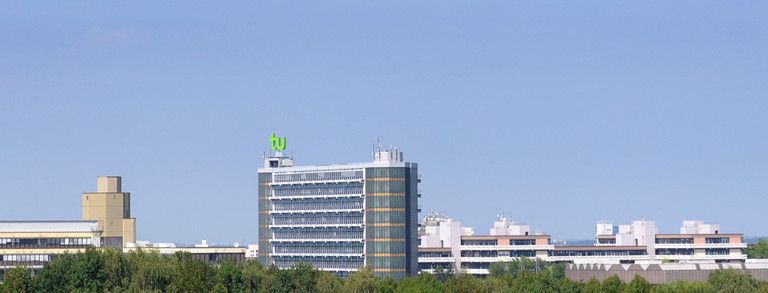Science and its Limits: Contemporary and Kantian Perspectives
- Konferenz
Given the spectacular breakthroughs that the history of science has seen, it may first seem unlikely that there are principled limitations of scientific inquiry. In philosophy, a naturalistic worldview is popular, which leaves no space for things that are not in principle accessible to scientific inquiry. But at closer inspection of various special sciences, there are reasons to become more skeptical. For instance, in fundamental physics, researchers got stuck in their attempts to represent gravitation and the other forces in a unified theory. In cosmology, there is an intensive debate about the question of whether a scientific case for the multiverse can be made. John Horgan, in his 1996 book, went as far as to claim the end of science.
This conference aims to contrast and compare contemporary perspectives on science and its limits with Kant’s view on this topic. Relating Kant’s arguments to science as it is done nowadays is very natural since many of his skeptical points have a predictive component: they foretell that certain kinds of knowledge will not become feasible. Were Kant’s predictions right? Or do advances in, e.g., modern cosmology or molecular biology show that he got it wrong? If so, is there still any value in his verdicts on cosmology and mechanistic explanation? May he even have succeeded in calling attention to fundamental problems that are still relevant today? And does his œuvre contain resources for a convincing critique of naturalism? These are some of the questions that shall be addressed by the contributions to this conference. One focus lies on some special sciences, e.g., cosmology, but furthermore the conference covers aspects of Kant’s general philosophy of science, e.g., unification and its limitations.
The conference is organized in honor of Brigitte Falkenburg.
Speakers:
Silvia De Bianchi (Barcelona)
Nancy Cartwright (San Diego, Durham)
Kristina Engelhard (TU Dortmund)
Andreas Hüttemann (Cologne)
Katharina Kraus (Notre Dame)
Margret Morrison (Toronto)
Birgit Recki (Hamburg)
Gregor Schiemann (Wuppertal)
Organizers: Kristina Engelhard (TU Dortmund University) and Claus Beisbart (University of Bern)























